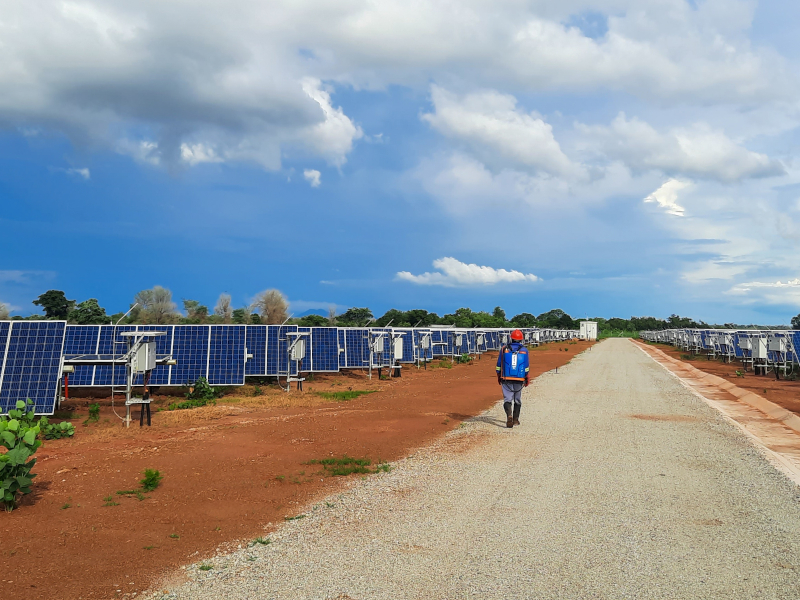New York, 16 July 2025 (ECA) - Africa is rich in solar energy but starved of investment. The continent holds 60 per cent of the world’s solar potential, yet attracts less than 3 per cent of global energy financing.
Over 600 million people across Africa still lack access to electricity, even as demand for power surges with rapid population growth, urban expansion, and industrial ambition. While the world talks of energy transitions, much of Africa remains stuck in energy deprivation.
Children in many rural communities across Africa still study by candlelight or kerosene lamps, exposing themselves to toxic fumes and limiting learning hours. Health clinics operate without reliable power, and livelihoods are constrained by patchy or non-existent electricity. Energy poverty remains a major brake on development across the continent.
“We need a new deal on energy finance, one that supports innovation, strengthens grids, and builds clean energy industries that work for both people and planet,” said Claver Gatete, Executive Secretary of the Economic Commission for Africa (ECA), speaking at the High-Level Political Forum (HLPF) in New York on 15 July.
Mr Gatete delivered his remarks at a special session on energy transition in the global south, hosted by the Global Energy Interconnection Development and Cooperation Organization (GEIDCO), UN DESA and UNDP.
The ECA Chief described Africa as a "paradox of potential and neglect," home to abundant resources such as solar, wind, hydro, and geothermal energy, but still largely bypassed by international investment.
“Africa isn’t just asking for help, it’s offering answers,” Mr Gatete said. “Energy isn't just a public good. It’s a driver of jobs, industry, and transformation.”
He urged global partners to support the development of regional power pools, localized manufacturing of clean energy technologies, and regulatory reforms that unlock private investment.
ECA, he said, is working with Member States to expand access, improve efficiency, and attract financing for energy infrastructure. This includes supporting integrated energy plans, cross-border energy trade, and policy coordination among African countries.
The session contributed to broader HLPF deliberations on accelerating SDG 7 and the energy targets of Agenda 2063, ahead of the upcoming Summit of the Future and COP30.
As the HLPF continues, Mr Gatete reiterated that Africa’s energy transformation must move from the margins to the centre of the global development agenda, not just for climate resilience, but for sustainable growth, economic justice, and shared prosperity.
The High-Level Political Forum on Sustainable Development (HLPF) is the UN’s central platform for reviewing progress on the Sustainable Development Goals. HLPF 2025 runs from 14 to 18 July at UN Headquarters in New York, bringing together governments, UN entities, and stakeholders to assess challenges and share solutions.
Issued by:
Communications Section
Economic Commission for Africa
PO Box 3001
Addis Ababa
Ethiopia
Tel: +251 11 551 5826
E-mail: eca-info@un.org
